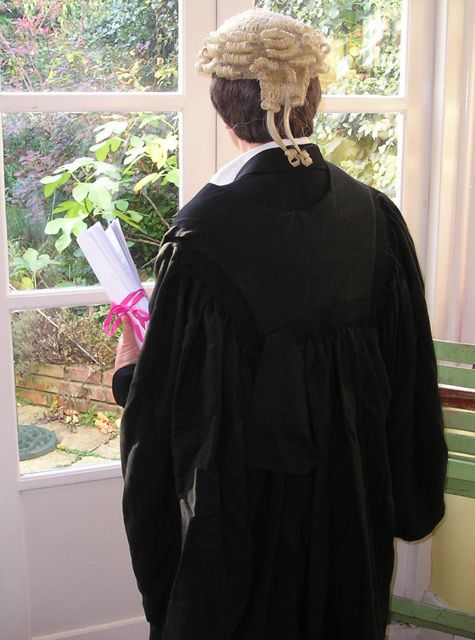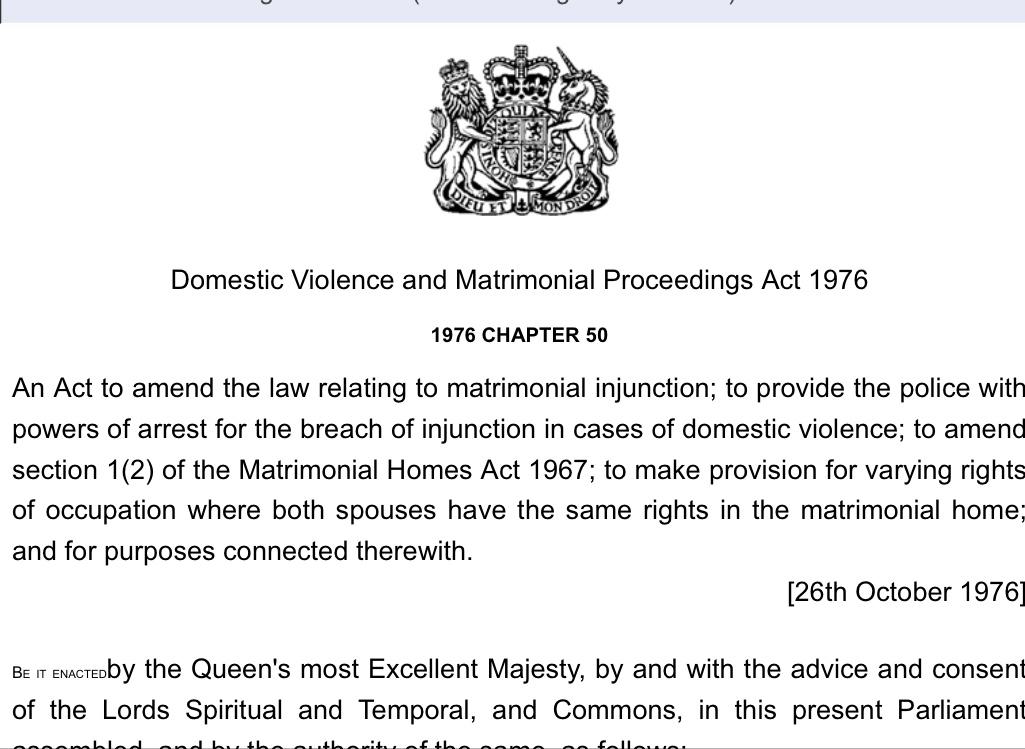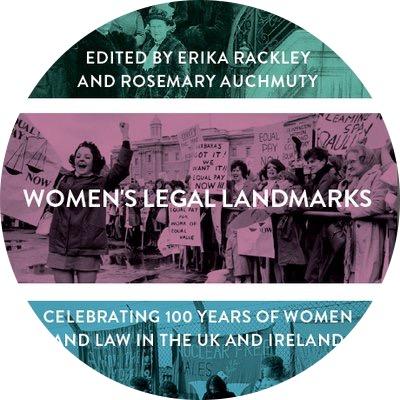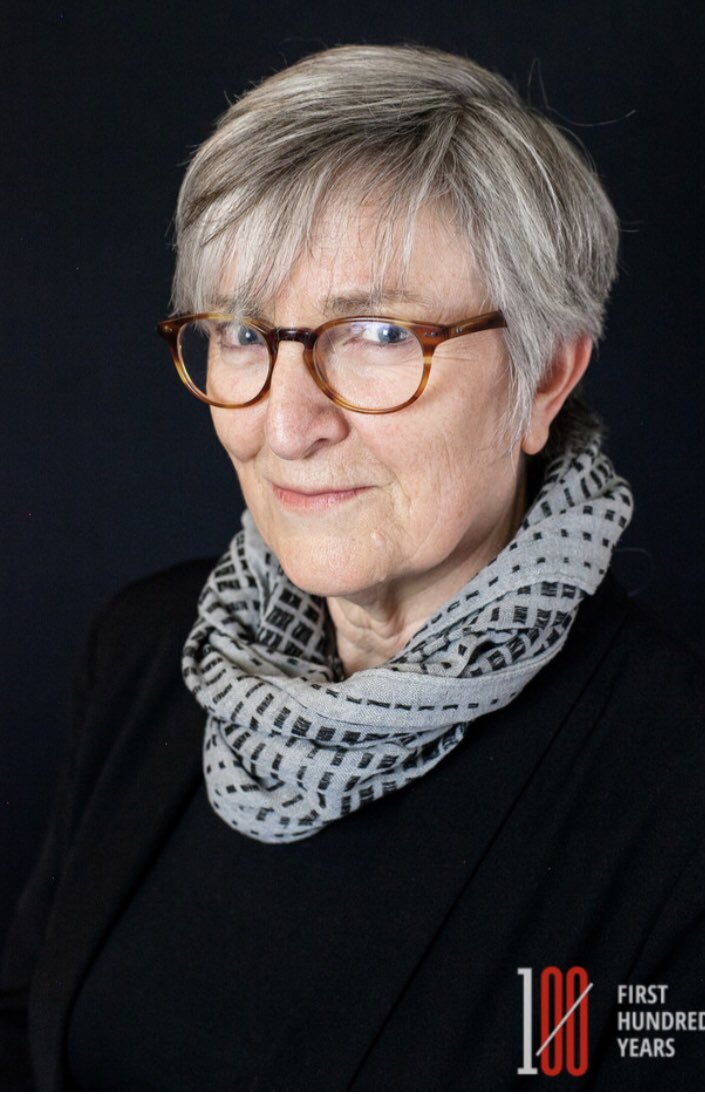
John Petherbridge died in April. On Monday, a month later, a memorial party was held in the upstairs room of the Rising Sun pub in Long Acre, not far from City Lit where John was a tutor. It was a great party, good food, good company, friends, family and colleagues. People from all aspects of John’s interesting and rich life were present. I was asked to speak about John as a teacher.
John was a writer, a tutor, a lover of film, a radical. I first met him in the mid 1970s when we were both involved in Women’s Aid – he was a worker at the Wandsworth refuge and I was working in the National Office and we were both on the Press and Publicity Subgroup.
Roll forward 20 years. I signed up for a radio play-writing workshop at City Lit. It was a summer course and we spent a wonderful sunny week in a hot glass class room led by John, who guided us imaginatively through the stages of writing plays for radio. At the end of the week he brought in actors to read our work. It was magical.
So then I signed up for his Saturday afternoon Creating Fiction class and I loved it. I had tried other writing classes but none had suited me.
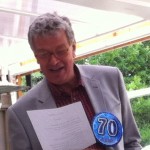 This is what I liked about the way he ran the course. He created a perfect world – like the Eden project, a world you’d like to live in. The class started on time and John made it clear that arriving late was simply impolite. The format of the class was clear and the aims and objectives were set out. There were no favourites, there was no question of the same people being called on every week to read their work. There were no in-jokes. And there was no sexism. John would have none of it, no sly comments, no lewd remarks. If anyone said anything inappropriate he would ignore it. In extremis he would say something, but usually he didn’t need to. Extraordinary really.
This is what I liked about the way he ran the course. He created a perfect world – like the Eden project, a world you’d like to live in. The class started on time and John made it clear that arriving late was simply impolite. The format of the class was clear and the aims and objectives were set out. There were no favourites, there was no question of the same people being called on every week to read their work. There were no in-jokes. And there was no sexism. John would have none of it, no sly comments, no lewd remarks. If anyone said anything inappropriate he would ignore it. In extremis he would say something, but usually he didn’t need to. Extraordinary really.
This is how it worked.At the beginning of the class two or three people would read and then the rest of us would critique. He wouldn’t allow anything unpleasant. If a book was of a style or genre that was out of the ordinary or simply not terribly popular – for me Science Fiction for example – the class simply had to knuckle down and deal with it. And then after the class had given their views he would add his own comments which were of course the ones you always wanted. Rather like Masterchef – no one cares what Greg thinks, they want to know what the real Chef, John Torrode, thinks.
Then there would be an exercise on a particular subject – perhaps two people in deep conversation interrupted by the arrival of a third person, or something embarrassing that happened to you as a child, maybe the description in words of a piece of music that you like – and we would have half an hour or so to write something. We would drift off to our favourite writing place and then we would come back to the class and read them out. If we wanted. I loved it! Two pieces of mine from that exercise later won competitions.
I knew what his politics were – from Women’s Aid days and I knew that he’d been in CND and although he was a bit older than me we had lived through many of the same social changes so I was able to feel safe in my material. I wrote about being a mod girl in the sixties, the music and the clothes, Tamla Motown, Green Onions, Georgie Fame, and wearing a CND badge on my suede coat.He did ask me – as only someone who had been in CND could – whether it was the cheap sixpenny badge or the smaller more expensive half a crown one. He assumed that for a mod girl, it would be the expensive one and felt I should have made that clearer in the piece.
Each term he would give us the name of a book to read – usually books I hadn’t read so it was a very pleasant time of discovery, books I would never have read, some forgotten classics like A Kiss Before Dying by Ira Levin, or newer unusual works such as Cause Celeb by Helen Fielding – and then he would take us through the book, showing us how it worked, why it worked.
And he brought an agent in to meet the class. The agent asked for manuscripts – I had only finished about a third of my book but John encouraged me to show it to her. The rest – for me – is history. The agent, Annette Green, took me on and secured a publishing contract for me.
Last year I went to John’s 70th birthday party. He was as always, funny, friendly, interesting and interested. He gave a speech that had everyone roaring with laughter. His story of some alleged damage to the door of a railway carriage was wonderful. As was the speech by his partner Zoe Fairbairns.
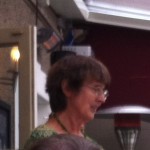

Zoe and John were together for 40 years and the fun and love that passed between them on that day was a joy to behold. At the party on Monday Zoe spoke again, this time about John the writer. This is part of what she said:
A woman is off work with a cold. She’s lying in bed sniffling and eating grapes. Then her boyfriend arrives. For him it’s a normal working day; but he’s decided to come round in his lunch hour to see how she is. Soon however he is crawling under the duvet with her.
The point about this scene – which comes from one of my favourite of John’s early plays, The Flying Bedstead, (1976) – is that it is not mere carnal desire which gets the man into bed with the woman. The Flying Bedstead, which was performed at the Head Theatre in Hammersmith, is not a steamy sex romp. I mean it’s not just a steamy sex romp. That would be predictable, and, just as John was never quite predictable in his life, he wasn’t a predictable writer either. What motivates the man in the play is envy – the envy of the person who has to go to work for the person who doesn’t. Haven’t we all felt that?
This sort of insight – these moments where you recognise yourself – are hallmarks of John’s dramas.
John’s writing focused on the small, the intense, but he always had his eye on the wider society. He followed William Blake’s injunction to see the world in a grain of sand. When he wrote about anti-nuclear campaigners in his radio play Toys from the Boys, he looked at the strategic and political issues, but he also evoked the smells of vegetarian food cooking over a paraffin stove at a peace camp.
He wrote about imprisonment: a large subject, but one which, in his play Bluebottle which came second in the 2012 Brighton New Ventures competition, is reduced to the maddening buzzing of an insect.
His radio adaptation of the Robert Graves novel Antigua Penny Puce told the story of a lifelong rivalry between a brother and sister over another small object: a postage stamp.
He wrote about domestic violence, its victims, its survivors and its perpetrators. In his play Passing Through one of the most terrifying moments occurs when a fist breaks through the panel of a door. This fist is all you see – everything else is implied. Audiences at the Upstream Theatre screamed.
One of John’s last plays was called The Secret Pleasures of Dining Out. It grew out of a conversation he and I had some years ago with a friend of ours who was a taxi driver. The taxi driver told us that when he picked people up after what he called a ‘middle class dinner party’, he always knew what was going to happen.
While the hosts were seeing the guests off, the air would be filled with cries of thanks, flattery and appreciation of the wonderful evening the guests had just enjoyed. But once the taxi moved out of earshot, it was a different story. Then the eavesdropping driver would hear the guests getting out their hatchets and laying into the rudeness of their hosts, the horrible food, the vulgar house and its tacky furnishings, the unfashionable clothes,the pretentiousness of the other guests, the low standard of conversation. The entire evening would be torn to shreds. John’s play imagined whole gangs of party goers, driving around, sharing horror stories on their mobile phones, awarding points to, and deducting them from their erstwhile hosts.
Meanwhile, of course, their erstwhile hosts are doing exactly the same thing, phoning each other to do share critical reviews of the clothes, hairstyles, conversation and table manners of their departed guests.
So I’d just like to finish by saying I hope there won’t be any of that when the party finishes this evening, because I hope you are all enjoying everything. Thank you for coming here to celebrate John’s life in a way that he would have enjoyed.
 I did my second six at Wellington Street Chambers and was offered a tenancy there. At Wellington Street I was able to do the work I had come to the Bar to do – represent women in their applications for an injunction against their violent partners. I also represented the Greenham Common women, miners and miners’ wives during the Strike, lesbian mothers and, in Criminal Injury Compensation hearings, women and children who had suffered sexual abuse. Later I left crime and concentrated on family law, as it seemed to me that that the family courts are the place where women most often come into contact with the law.
I did my second six at Wellington Street Chambers and was offered a tenancy there. At Wellington Street I was able to do the work I had come to the Bar to do – represent women in their applications for an injunction against their violent partners. I also represented the Greenham Common women, miners and miners’ wives during the Strike, lesbian mothers and, in Criminal Injury Compensation hearings, women and children who had suffered sexual abuse. Later I left crime and concentrated on family law, as it seemed to me that that the family courts are the place where women most often come into contact with the law.
